 Is it good for a company to be self-insured? The rising costs of employee benefits and healthcare have prompted many companies to explore alternative options, with self-insurance emerging as a compelling choice.
Is it good for a company to be self-insured? The rising costs of employee benefits and healthcare have prompted many companies to explore alternative options, with self-insurance emerging as a compelling choice.
This approach has been particularly prominent in Kentucky and Southern Indiana, where direct access to self-insured employers has shown potential for improving outcomes.
Here is a look into the merits and challenges of self-insurance from the perspective of musculoskeletal healthcare, shedding light on its impact on employee well-being and healthcare management.
What is Self-Insurance?
 Self-insurance, or self-funding, entails employers directly covering their employees’ healthcare costs instead of paying premiums to insurance companies. These same companies allocate funds for medical claims and often collaborate with third parties for claim management.
Self-insurance, or self-funding, entails employers directly covering their employees’ healthcare costs instead of paying premiums to insurance companies. These same companies allocate funds for medical claims and often collaborate with third parties for claim management.
Pros of Self-Insured Companies:
- Cost Savings: By sidestepping certain costs associated with traditional insurance, companies may see savings.
- Customization: Companies can tailor policies to their employees’ needs.
- Cash Flow Control: Direct payment for claims as they arise offers a measure of financial control.
- Transparency: Direct claim handling provides clear insight into health trends.
Cons of Self-Insured Companies:
- Risk: Large, unexpected claims can strain finances, prompting many businesses to consider stop-loss insurance.
- Administration: Self-insurance demands administrative effort, either internally or via third-party administrators.
- Regulatory Requirements: Different states, including Kentucky and Indiana, have specific requirements that can influence self-insured operations.
Self-Insurance Benefits for Musculoskeletal Conditions
 Musculoskeletal disorders (MSDs) stand out due to potential impacts on both health and finances.
Musculoskeletal disorders (MSDs) stand out due to potential impacts on both health and finances.
The costs associated with MSDs — direct medical expenses and lost workdays — are notable. Lost work days for persons with musculoskeletal conditions account for more lost work days than any other major health condition, with workers losing an average of 10 days of work.
Production time lost due to off-the-job injuries totaled about 540,000,000 days in 2021, compared to 70,000,000 days lost by workers injured on the job. 21.7% due to Overexertion, bodily reaction, and 18% from falls, slips and trips.
For self-insured companies in Kentucky, partnering with focused organizations can be pivotal in managing these challenges effectively. If your company is in a field where musculoskeletal problems and injuries often arise, self-insurance and partnering with a direct access orthopaedic provider could lead to better treatment while saving money on premiums.
Is Self-Insurance a Suitable Choice for Companies?
Given the data, many Kentucky and Southern Indiana companies are already exploring or adopting self-insurance. The decision, however, depends on factors such as company size, financial stability, and risk appetite. For some, the potential advantages align well with company goals. For others, the inherent risks may be a deterrent.
Regardless, selecting healthcare partners with tailored treatment plans benefits those leaning toward self-insurance. At Louisville Hip & Knee Institute, we aim to offer comprehensive orthopaedic care that meets the needs of our region’s workforce.

